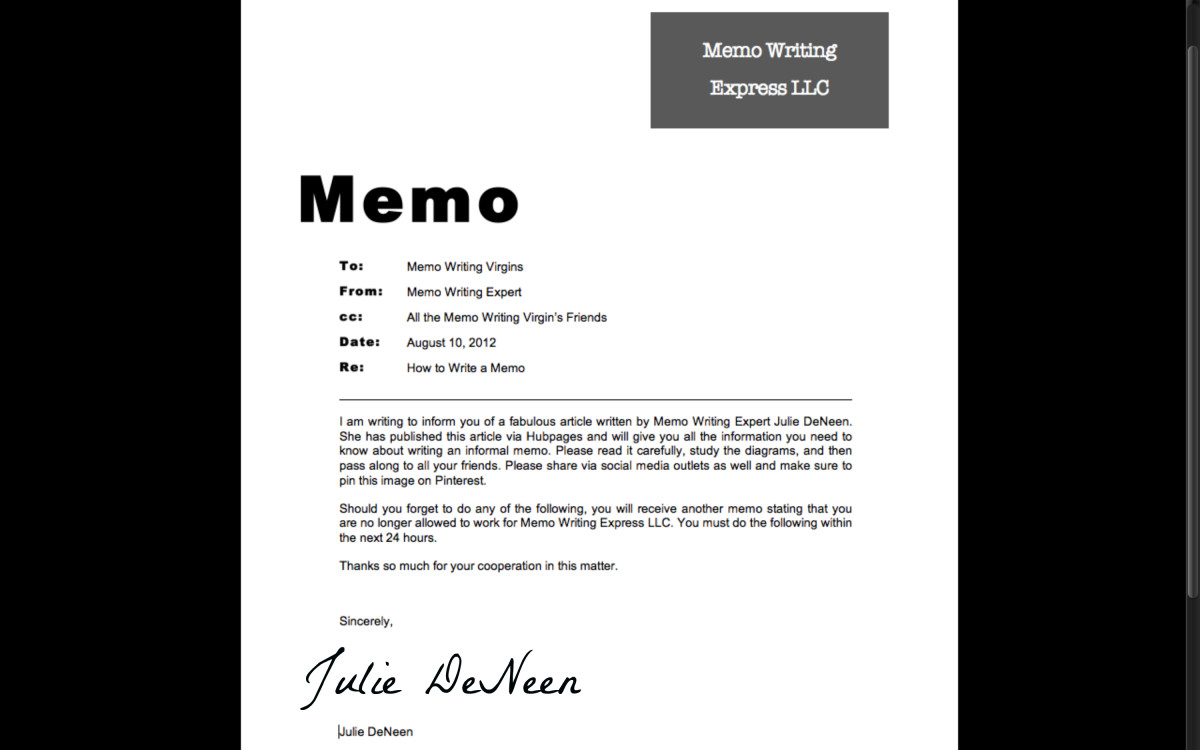The Writer's Mailbag: Installment One-Hundred and Twenty-Six
Is It Time for a Pep Rally?
Well I just happen to be a pretty good cheerleader, so let’s get started with our rally.
I’ve said this before, but I think we all need to hear it from time to time.
The world needs us writers!
Imagine, for a moment, a world without books. Imagine a world without poetry.
In a word, that world would be BLEAK!
We writers bring beauty into the world, and during my lifetime, which now spans sixty-eight years, I can safely state that this world, today’s world, desperately needs what we provide.
So don’t give up. Don’t get discouraged. Don’t stop one page before the miracle happens.
The world needs us!
And now, the Mail!

CREATESPACE
From Sally: “Very interesting one this week Billy. I keep on looking at CreateSpace and wonder if it is really the place for my writing. I think the thing that is holding me back is the idea that I have in my head that perhaps I won't be able to use enough images to explain what it is that I want people to understand. For most people who are writing a novel, this would not be an issue but I do wonder if it is the place to write a craft book on. What say you? Happy Monday Billy.”
Sally, I totally understand your concern and reluctance. Let’s take a look at what CreateSpace suggests:
“Your cover and any images you use inside your book need to be at least 300dpi (dots per inch) to ensure they look good once they’re printed in black and white. As a comparison, screen resolution images are only 72dpi on average. And if you’re printing those images in color, this is even more critical. Okay, if the look you’re going for is blurry and/or pixelated, then that’s a conscious decision – just remember there are ways to achieve this and still have a high-res image.”
For me, Sally, and this is just me speaking, I’ve never downloaded a single picture on CreateSpace, other than the covers, of course, so I can’t speak from personal experience. I do know authors who have done it, though, and they had no trouble doing so. That’s all I can tell you.
STOP WORDS
From Hugo: “I read somewhere recently that we shouldn’t use stop words in the titles of our articles. Would you please address this issue and clarify what stop words are?”
How much time do you have, Hugo?
I should probably just write an article about stop words. I need more space than the Mailbag allows to tackle this question.
Quickly, stop words are words that the computer gods do not recognize during searches and, in many cases, can confuse those same gods. They are oftentimes the most common words, like “the” or “is” or “they.” They are automatically filtered out by Google because they are considered confusing or unnecessary, and it is suggested that you do not use them in your titles. If you go online and type in “list of stop words,” Google will be more than happy to supply you with those words, and if you are concerned at all with search engines and SEO, you need to pay very close attention to stop words in the future. They really do affect the value of your article.

CO-AUTHORING
From John: “Bill your comment about not being a James Patterson fan gave me an idea for a question. He, and it seems an increasing number of writers seem to co-author books e.g. James Patterson and Andrew Gross, Steven King and Peter Straub etc. Do you think both authors actually collaborate on the writing of these books, or does the lessor known author write the story and just have the more famous author add his name to increase sales? I can't imagine how Patterson for instance can publish books so frequently, maybe he employs others to write books in his name as well. I have read a few and they don't always seem like they have been written by the same person.”
Great question, John, and this just happens to be something I was talking to my wife about recently.
As many of you know, James Patterson has actually sold more books than any other writer since 2001, so whatever he’s doing, he’s doing successfully. I did some research and found one of Patterson’s co-authors talking about the process. Here’s what Jonathan Mahler has to say about working with James Patterson:
"The way it usually works, Patterson will write a detailed outline--sometimes as long as 50 pages, triple-spaced--and one of his co-authors will draft the chapters for him to read, revise and, when necessary, rewrite. When he’s first starting to work with a new collaborator, a book will typically require numerous drafts. Over time, the process invariably becomes more efficient. Patterson pays his co-authors out of his own pocket. On the adult side, his collaborators work directly and exclusively with Patterson. On the Y.A. side, they sometimes work with Patterson’s young-adult editor, who decides when pages are ready to be passed along to Patterson."
So there you go, John! You didn’t ask me what I think of this “writing factory” Patterson has created, so I’ll keep my opinion of this b.s. to myself. Oops, I think I just gave you a hint of what I think of it.
Virtual Assistants
From Mary: “I have a question for an upcoming mailbag. What are your thoughts on virtual assistants? You've always said that a writer has to wear many hats if they go the self publish route, marketing being one which is necessary. To expand the marketing reach what would you see as a point at which one would hire in extra help, if ever.”
For those of you who don’t know, here’s a definition of a virtual assistant:
“ A Virtual Assistant (or simply VA), is an independent contractor providing administrative, technical, or sometimes creative assistance to clients--usually to other independent entrepreneurs and solo and small business practices, such as that of a lawyer or realtor. Virtual assistants work from their own office (hence "virtual"), thus making it a fairly popular (and growing) profession. It is estimated that there are about 5,000-8,000 virtual assistants worldwide. Common modes of communication and data delivery include the Internet, File Transfer Protocol (FTP), and fax machine. Although the occupation gives a degree of independence, work is on a contractual basis, and a long-lasting cooperation is standard. Typically 5 years of administrative experience in an office is expected at such positions as executive assistant, secretary, legal assistant, paralegal, legal secretary, real estate assistant, office manager, etc.”
As for what I think of them, I think they are great if you have the money in your budget to hire one. I don’t! I did use family members as virtual assistants for my very first novel, “The 12/59 Shuttle From Yesterday to Today,” but I couldn’t talk them into it for the next nine books, so I’m on my own. That’s all a long-winded way of saying if you can afford one, I really don’t see a downside to doing so, as long as parameters are set and communication is good between you, the writer, and the virtual assistant.
SEASONAL WRITING
From Rasma: “Taking a giant step backwards in order to catch up and glad I caught this mailbag. It made me fondly smile knowing that at least for now the greatest and best challenge I can get through is the April poetry challenge that comes every year. In regards to writing and to poetry as well do the topics have to be seasonal or is it perfectly alright to write about the summer during the winter and vice versa? I am not referring to novels just to stories and of course to verse.”
Rasma, in almost three years of the Mailbag, this question has never come up, so congrats. In fact, this week we have several questions we’ve never seen before, so very cool!
The only time, in my opinion, that it is important when you post a seasonal piece of writing, is when you are writing an informational article about a particular season. For example, if I’m writing a Christmas recipe, and I want it to gain maximum online exposure, the best time to post it online is about six months in advance. It takes about five or six months for an article to gain traction online; thus the six month suggestion.
If you are simply doing creative writing or poetry, my first reaction is probably the same reaction I’ll have next week or next month or in ten years: there is no deadline for great writing! A great poem about Christmas will be a great poem whether it is published in June or December. Just my opinion, of course, but I happen to think I’m right on this. I have nothing to back up my opinion, so take it with a grain of salt.

Join me on my writing blog
- Artistry With Words | Helping writers to spread their wings and fly
Helping writers to spread their wings and fly
Google and Comments
From Mel: “Here's a possible question for your mailbag: Doesn't Google weigh posts with comments a little higher? If that's true, then commenting and receiving reciprocal comments is just good business. Great stuff.”
Great question, Mel, and I gotta tell ya, the answers I’ve read are all over the board about commenting and the value of commenting. The general consensus is that commenting does not, per se, help you with Google. Google tends to ignore comments in the whole SEO world. However, on blogs that ask for your name and your website before you comment, that website link is invaluable for you as it does increase your website’s value in the eyes of the Google gods.
But then I’ve read a couple articles that say there is no value whatsoever in comments other than giving the writer more visibility, and getting his/her name out there among other writers.
I’m hoping someone will give us more thoughts on this in the comment section.
AND THAT’S IT FOR ANOTHER WEEK
Was that a great Mailbag or what? You learned about stop words and seasonal posting, and James Patterson was revealed, all crammed into 1,500 words and the cost was nothing.
How cool is that?
If you’re looking for more cool, join us next week for another installment of The Writer’s Mailbag. In the meantime, if you have a question for the Mailbag, either include it in the comments below, or email it to me at holland1145@yahoo.com.
Thanks to all, and if you are interested in my new thriller/mystery, “Shadows Over A Hangman’s Noose,” it will be released on Kindle and Amazon next week.
Do you have something you would like to share with my readers? I’m into guest-blogging, so hook up with me if you’d like to guest-blog here.
Thanks a bunch!
2016 William D. Holland (aka billybuc) #greatestunknownauthor
“Helping writers to spread their wings and fly.”









